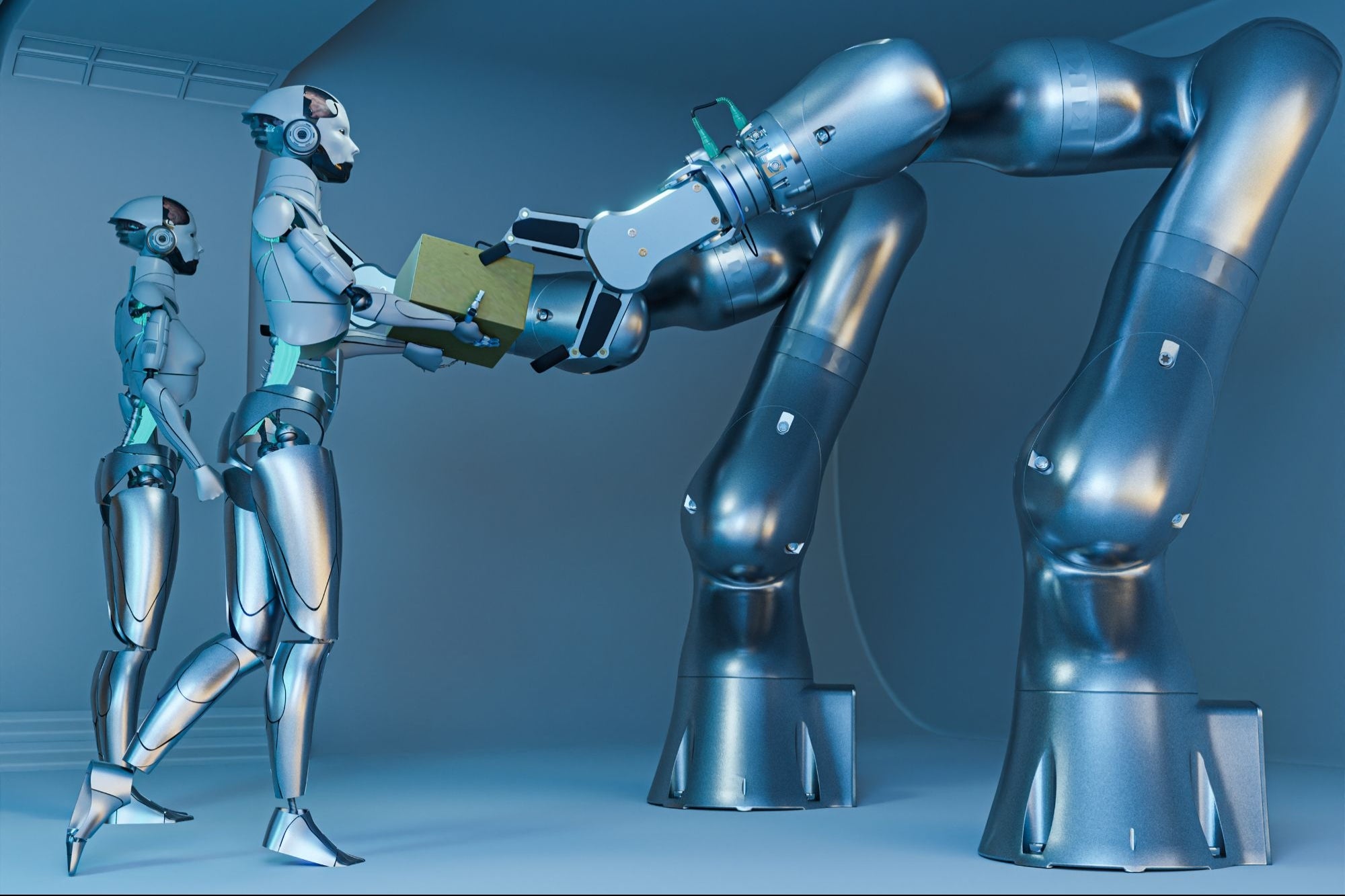Tata Motors: Mainstream Buyers Still Not Confident Of EVs The next two quarters would be crucial as Shailesh Chandra, MD, Tata Motors Passenger Vehicles Limited, believes the EV industry is up for a change
Opinions expressed by BIZ Experiences contributors are their own.
You're reading BIZ Experiences India, an international franchise of BIZ Experiences Media.

"There are multiple reasons why mainstream buyers are still not coming forward to buy an electric vehicle (EV). Some customers are attached to certain brands, some are worried about the low charging infrastructure and others are concerned about the resale value of an EV. All these factors cumulatively lead to low penetration. Besides, a lot of electric vehicle buyers are people who are buying this as a second, third car in the family. We are hoping our new launches this year will unleash the full potential and make customers cross the hump on the concerns," said Shailesh Chandra, MD, Tata Motors Passenger Vehicles Limited.
Tata Motors has several upcoming EV launches, including the Harrier EV, Sierra EV, Safari EV, and Altroz EV in 2025. While over 1.9 million EVs (including two-wheelers) were sold in 2024 — representing a 24.5 per cent jump from 1.5 million in 2023 — this points to a slowdown compared to the 50 per cent growth seen between 2022 and 2023.
A report by Forvis Mazars in India revealed that range anxiety—concerns about insufficient battery charge to reach the next charging station—is a major factor deterring 58 per cent of potential EV buyers. The concern around Indian EV range anxiety due to a limited charging infrastructure, particularly in rural areas, creates uncertainty for potential EV buyers in India. These challenges are irrelevant to traditional gasoline-powered vehicles. For smaller electric vehicles like scooters or bikes with significantly shorter ranges, range anxiety is less of a worry.
Measures & Outlook for 2025
"Range anxiety is handled in cars priced more than INR 18 lakh. These have a higher range of 500 km and above. The issue remains for the lower segment cars to give that kind of a comfort. Therefore charging infrastructure becomes important if we have to mainstream EVs. This will remain the biggest factor of how fast the country can absorb all the new models and grow at the same pace with the charging infrastructure multiplying," the MD told BIZ Experiences India.
The MD said the next two quarters would be crucial. He believes the EV industry will get segmented into two broad categories: City EVs and Versatile EVs. "Anything below 300 km is a city EV and beyond 300 km would be a different use case. The intensity of the current EV launches is focused towards versatility. The competition is more towards INR 18 lakh plus segment and there's hardly any competition coming on the lower side where the real mainstream buyers are. Therefore, it is imperative for the benefit of all players that the market expands," he added.
About two per cent of all cars bought in 2024 were EVs. The slowdown in EV four-wheeler growth in 2024 is attributed to a combination of factors. The PM-E Drive Scheme replaced the FAME-II program, which provided higher incentives for electric two-wheelers. This resulted in a consumer shift towards more affordable electric two-wheelers. Concerns over range anxiety, slower growth of charging infrastructure, shift in consumer interests towards hybrid cars, all led to a decrease in demand for electric cars.
"In 2024, there were multiple reasons for the slowdown of EV growth. The customers got confused whether to buy an EV or not? Specifically in India, the fleet segment significantly went down. This segment was 15 per cent of the overall sales and it declined the most. However, with so many players now getting into electric vehicles customer confidence seems to be back. With new launches, people are looking at EVs as the future of cars, and that's a big shift in the mental comfort of customers which was earlier missing," the MD said.
What's new in growth strategy?
Tata Motors is expanding its EV charging infrastructure by partnering with other companies to install more charging stations and offer exclusive charging rates. Tata Power announced the installation of over 500 EV charging points across India in collaboration with Indian Oil Corporation Limited (IOCL). The charging points will be located in major cities and highways. "Additionally, we are tying up with multiple startups to put Tata.EV chargers to give confidence to the EV buyers and this will keep on expanding."
The MD also emphasized on the traction coming in after the announcement of Pradhan Mantri Surya Ghar Yojana. The scheme is about installing solar panels on roof tops. "There is definitely a very strong case now growing in rural areas. After the installation of solar panels, the running cost of an EV almost comes to nil. I believe there will be huge growth potential, especially in the lower tier towns," he added.
Earlier, Vivek Srivatsa, chief commercial officer, Tata Passenger Electric Mobility (TPEM), had said EVs have been wholeheartedly embraced by the smaller towns to the extent that tier two and beyond contribute to 45 per cent of Tata Motors EV volumes.
With an eye on giving customers a different retail experience and a post-purchase exposure, where they have access to both the dealership facilities and company, the auto giant started on an EV exclusive retail footprint. TPEM, a subsidiary of Tata Motors, opened two new TATA.ev retail stores in Kerala, in addition to the first two EV-exclusive retail stores in Kochi inaugurated in August 2024. The latest two stores have been opened in Kannur (Thottada) and Thrissur (Kuttanellur).
"We have identified 50 cities where we want to open the Tata.EV showrooms. We are in the process of identifying the dealers in these places and once the volumes cross the threshold volume level in these areas, we would launch it. We are waiting to be profitable in these pockets and are not in a rush to immediately launch in all the places. Kerala is proving to be very successful because EV penetration levels for us are high there, almost 35 per cent," Chandra explained.
Tata Motors registered EV retails of 5,037 units in January 2025 compared with 5,790 EVs in 2024 January, down 13 percent YoY. This brings down Tata Motors monthly market share to 45 percent compared to 68 percent in January 2024.











